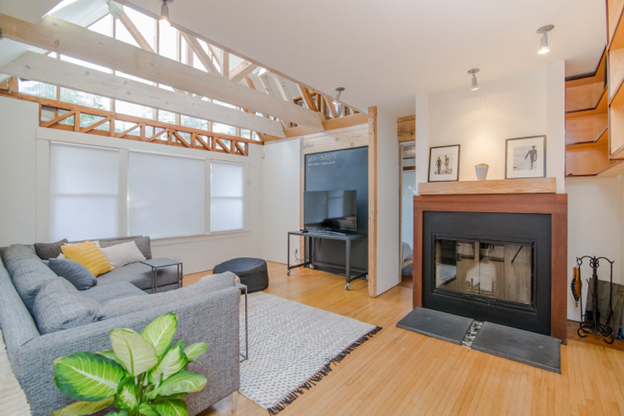Authored by: Annabelle Harris, https://elders.center/
Find additional in-home and long-term care resources and information at AZNHA.org.
As a family caregiver, you’re used to making choices for your loved one. One of the toughest choices you will ever have to make, however, is deciding whether a senior needs to transition into a long-term care facility. There are so many emotions that can come with the decision, as well as so many details to consider. It’s understandable if you have questions. Find the answers you are looking for in this guide to long-term care.
How will I pay for my senior’s long-term care?
Costs are always a top concern when it comes to choosing long-term care. How much you or your loved one will need to pay for care depends on what sort of care is needed. Each year, Genworth publishes a study on the average cost of long-term care, so you can start there. The most recent survey completed in 2020 found the average monthly cost of care to be anywhere between $1,603 for adult daycare and $8,821 for a private room in a skilled nursing home. In-home care generally falls somewhere in between these two numbers.
There are several viable ways to pay for long-term care. One is to use the proceeds from the sale of a senior’s home. If you want to compare the potential profits to expected costs of care, you can use this link from Redfin to research local housing prices in Tempe.
How can I decide what type of care is needed?
You may also be trying to figure out what sort of care is best for your senior loved one. One factor to consider is whether your older loved one is facing any health issues that may require more specialized care. An example of this is Alzheimer’s Disease and memory care. Knowing whether your loved one can age safely in their or your home is another factor to keep in mind. Certain modifications may be needed to ensure this, and then your loved one may be able to age in place and receive the long-term care they need in a home environment.
Finally, you should also think about whether your loved one can safely carry on with activities of daily living (ADLs). These are routine activities like cooking, bathing, dressing, and taking medications. If the answer is “no”, then assisted living or a nursing home may be best.
How can I ease the transition into long-term care?
Many seniors may be resistant to any form of outside care, and this can make things even harder for family caregivers like yourself. If you’re concerned about how your loved one will respond, there are tactics you can use to make the conversation less stressful. Talk to your loved one before the need for care arises, so neither of you will have to deal with the added pressure of making decisions quickly. No matter the timing, gathering information and remaining compassionate will also help.
Remember that, as difficult as making this decision is for you, it will be even harder for your loved one. They may see needing long-term care as a sign of weakness or a sign of them losing their independence. If so, remind seniors that long-term care can enhance their quality of life.
How can I deal with my own difficult emotions?
Taking care of loved ones is important, but so is remembering to take care of yourself. You may experience a variety of emotions as you make long-term care decisions for an aging family member. You’re also likely to experience more stress. Don’t let these feelings turn into burnout. Make time for basic self-care, like exercising, eating healthy, and getting quality rest. If you need to talk to someone about your emotions or experiences, consider online counseling.
There’s no easy way to make long-term care decisions for another person, especially when that person is an older family member who you love. At the very least, having this guide will make answering your questions about long-term care less stressful and time-consuming.
***Photo Credit: Pexels











